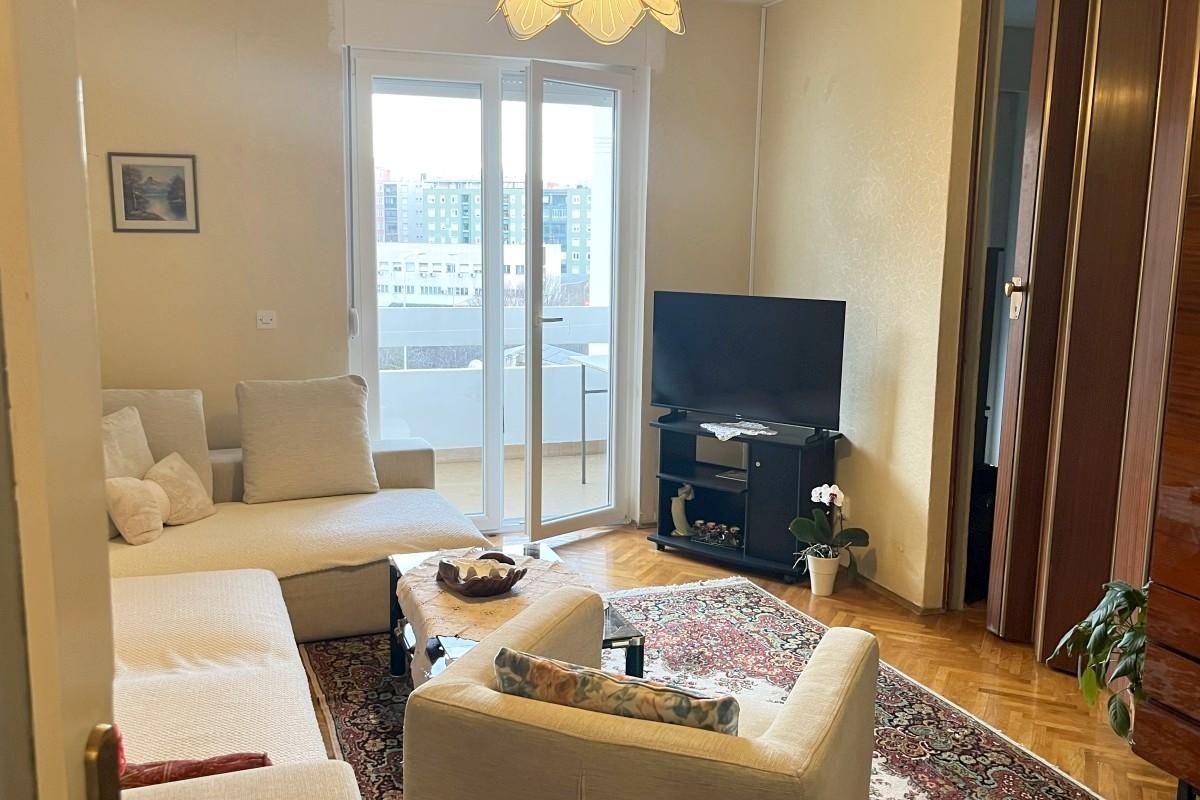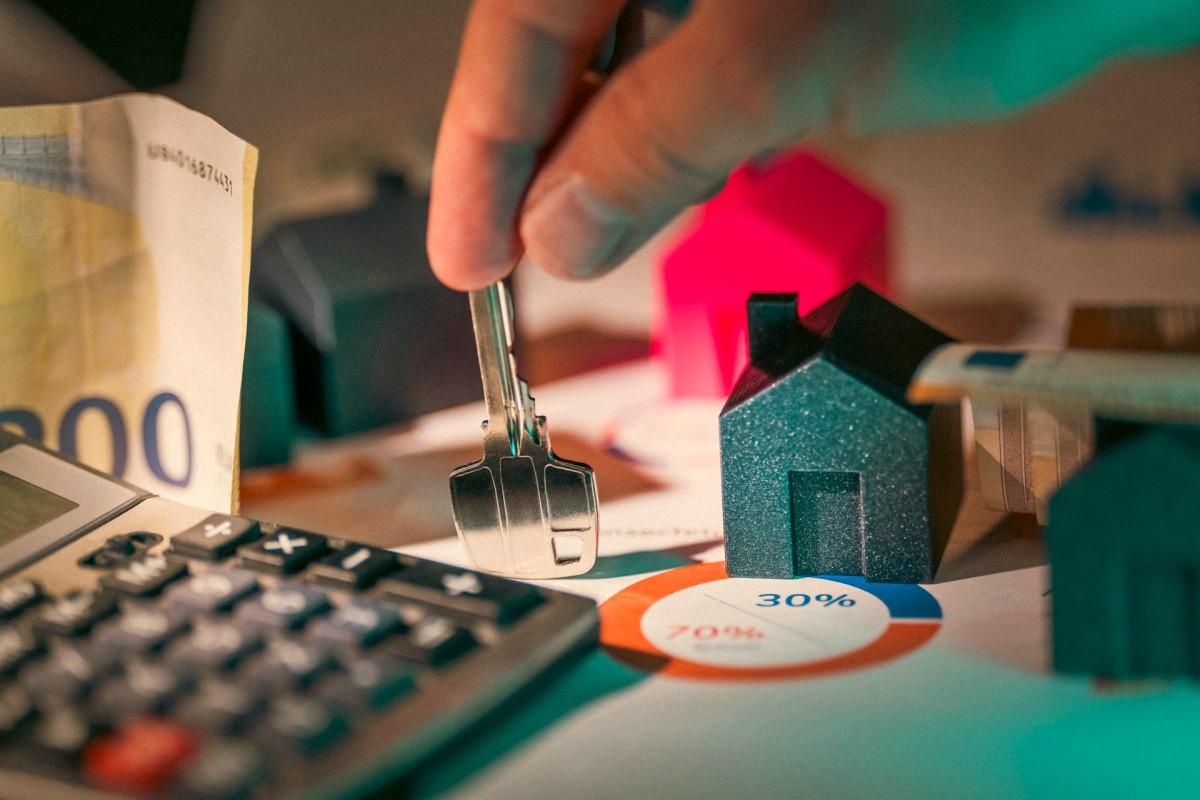Oct 18, 2024
Five Common Mistakes When Renting Apartments in Croatia
Broker Real Estate Agency
Real Estate Agency

Renting an apartment can be challenging and even stressful, especially for those experiencing it for the first time. Whether you’re renting an apartment short-term or long-term, it’s essential to be well-informed to avoid unnecessary complications and misunderstandings. In this article, we’ll go through the five most common mistakes renters in Croatia often make and offer advice on how to avoid them.
1. Careless Reading of the Rental Agreement
One of the most common mistakes is signing a rental agreement without thoroughly reading it. The contract is a legally binding document that defines the rights and obligations of both parties, so it’s crucial to understand all its provisions. Ignoring this step can lead to problems, misunderstandings, and even legal complications.

Pay special attention to clauses related to the rental period, conditions for terminating the agreement, deposit, utilities, and other costs. If anything in the contract is unclear, always consult with an agent or legal expert to avoid unpleasant situations.
2. Neglecting to Inspect the Condition of the Apartment Before Moving In
A very important step is inspecting the condition of the apartment before moving in. Neglecting this can lead to issues, especially if damage occurs that isn’t your responsibility. When renting an apartment, you often rely on trust in the owner or agent, believing that the apartment is in good condition. It is recommended to inspect the property again before moving in to avoid any problems.
Thorough Inspection of the Apartment
Before you take the keys, it’s important to thoroughly inspect the apartment. Check all appliances, installations, plumbing, floors, walls, and the general condition of the space. The inspection should even include the state of all devices, faucets, heating, windows, doors, and walls. Any damage or deficiencies should be immediately noted and reported to the landlord to avoid future disputes.
Documenting Damage
One of the best methods for documenting the condition of the property is to photograph all rooms, focusing on any potential damage (scratches, moisture, malfunctions…) or suspicious areas, and keep these records. This step can be crucial in case of disagreements regarding the return of the deposit or other responsibilities upon moving out.

Also, any serious agency after an inspection creates a report signed by the tenant and the landlord. This report should list all potential issues noticed during the inspection.
3. Poorly Negotiated Conditions for Deposit Return
Poorly negotiated conditions for the return of the deposit or security deposit are often a source of misunderstandings between the landlord and tenant. The deposit is a sum of money the tenant pays to the property owner as security for potential damage to the apartment or unpaid obligations.
However, inadequately communicated or poorly agreed-upon conditions for the return of the deposit after the lease ends can lead to disputes between the tenant and the owner, often resulting in the loss of part or all of the deposit. To ensure the return of the deposit, always insist that everything is written in the contract, including the conditions under which the deposit will be returned.

Find the perfect apartment for rent in Croatia
Explore the wide range of apartments for rent throughout Croatia. Regardless of whether you are looking for accommodation by the coast, on the islands or inland, find the perfect apartment that suits your needs and wishes.
Clear Terms in the Contract
Ensure that the contract specifies when and under what conditions the deposit will be returned. If you have thoroughly documented the condition of the apartment upon moving in and adhered to all obligations in the contract, you have a basis for the return of the deposit. It would also be wise to stipulate in the contract a time frame for when the deposit will be returned after moving out. A vaguely defined deadline for the return could result in the tenant waiting a long time for their money, even if the apartment was returned in good condition. Without a clearly defined deadline, the owner could delay or completely avoid payment.
4. Unclear Agreements Regarding Costs
Unclear agreements regarding rent and utility costs are a common mistake that can lead to financial surprises. These items include various types of utility costs, apartment maintenance, unplanned expenses during the rental, and maintenance costs for common areas in apartment buildings.

Costs and Utilities
Before signing the contract, check what exactly the rent covers. Always agree in advance on who will cover utilities, reserve funds, maintenance of common areas, and other possible expenses. Clearly defined financial terms will give you a better overview of your monthly expenses and avoid unpleasant surprises. In some cases, tenants can agree on a maximum limit for monthly utility costs, after which the owner would take responsibility for additional costs.
Maintenance and Repairs
It’s also important to agree in advance on who will cover the costs of repairs and apartment maintenance. If the contract does not specify who is responsible for replacing devices or minor repairs, you may end up paying for something the landlord should cover.
5. Ignoring Residence Registration and Legal Obligations
One of the more serious mistakes tenants often make is not registering their residence after moving in. Although this may seem bureaucratic, it’s a legal obligation that can have serious consequences. Every country has specific laws regarding property rentals, residence registration, and tax obligations, and neglecting these can lead to legal consequences, financial penalties, and even difficulties in exercising rights with various state institutions.
Residence Registration
Residence registration is a legal obligation where a person declares their place of residence to the relevant state institutions. In many countries, this registration allows the state to track citizens’ movements, provide them with certain social and health benefits, and ensure the legality of their stay. This obligation doesn’t apply only to property owners but also to tenants.

Consequences of Not Registering
Failure to register your residence can result in financial penalties for both you and your landlord. It can also cause problems with tax authorities. To avoid these inconveniences, promptly register your residence immediately after moving in.
Conclusion
Renting an apartment can be simpler with timely preparation, good information, and awareness of potential issues. Carefully reviewing the contract, inspecting the apartment, clear agreements about costs, and complying with legal obligations are key steps that will help you enjoy your new home stress-free and avoid potential misunderstandings with your landlord.
Are you ready for a new adventure? Browse our offer of properties and apartments for rent and find your new home.
Found this useful? Share with

Real Estate Agency
Broker real estate agency will help you buy a property at your most favorable and interesting location on Croatian Islands and Coast with ease. We have a large database of apartments, houses, villas and lands for sale in Dalmatia. Search our web for the latest offer of real estate for sale in Croatia.
Broker real estate agency will help you buy a property at your most favorable and interesting location on Croatian Islands and Coast with ease. We have a large database of apartments, houses, villas and lands for sale in Dalmatia. Search our web for the latest offer of real estate for sale in Croatia.
Want to connect with us? We'd love to hear from you! Send us a message, and we'll get back to you shortly.



